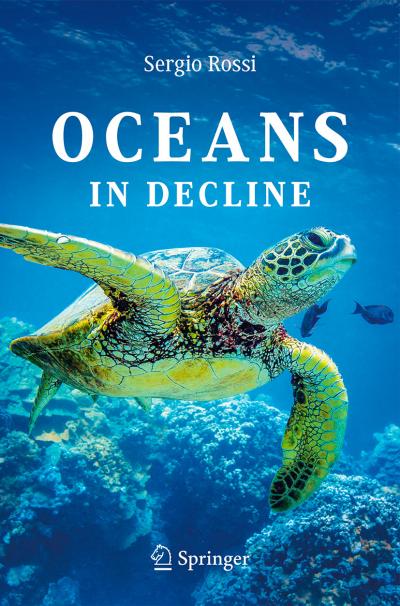Oceans in Decline

Credit: Springer Nature Switzerland AG
Humans have had a tremendous impact on essentially every ecosystem there is, especially over the last half-century. Thus, it is not surprising that these profound changes are becoming more and more noticeable in our oceans. Oceans in Decline presents four approaches which aim to help readers understand how far-reaching the process of transformation in the ocean is. The book uncomfortable issues: over-fishing and the destruction ofthe balance between the species; resource extraction; the pollution of oceans and coastal areas through chemicals and plastic; and changes triggered by climate change. As well as highlighting these problems, the author offers solutions to create more balance and sustainability within ocean ecosystems and shows that there is much we still don’t know about our oceans.
###
Media Contact
Deborah Pirchner
[email protected]
Original Source
https:/




